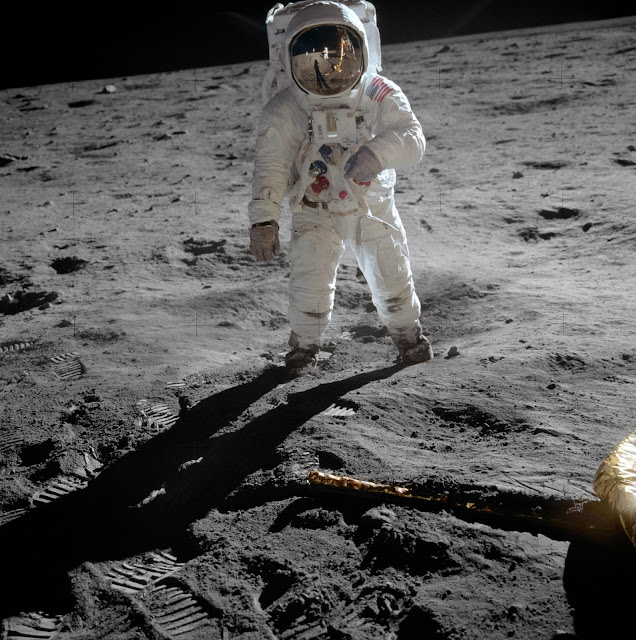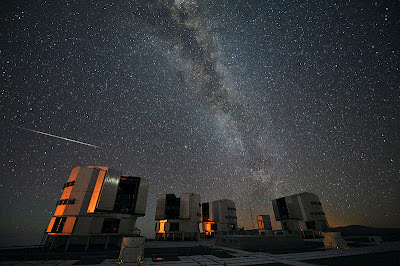Well, one good reason is that we all learned wrong. There are more than five senses. I mean, it's not even close. There's not really a consensus on the exact number, either. The number doesn't really matter. Think of it like individual parts of your body. How do you define a "part?" Is your forearm a different "part" than your whole arm?
 |
| And where does your Foreman come into play? |
That's how it is with sense. You've got your traditional senses, which the Elizabethans called the "Five Wits" (incidentally, that's where the phrase "keep your wits about you" comes from). Then you have things like thermoception. That's your ability to detect temperature. You could argue that it's part of your sense of touch, but when you shiver, is it really a response to touching something cold?
Then there's proprioception. That's your sense of where your body is. It's another one that's either ignored or thrown in with touch. We can demonstrate the issue with that by performing a ten second experiment. Put your hand behind your head. You can't see it. You can't feel it. But you know where your hand is. You know what it's doing. That's your kinesthetic sense, otherwise known as "proprioception." It's what lets you touch your nose with your finger even when you close your eyes.
How about your sense of balance? Can't really call that one touch, can you? It's based in your inner ear, and I don't think anyone would argue that it's part of hearing, either. But you can stand on thin surface and innately know when you're beginning to tilt too far in any direction.
There are tons of sense that you use all the time without thinking about it. Knowing when you need to breathe, knowing when you need to empty your little bladder or evacuate your bowels, feeling the urge to vomit, and even recognizing the passage of time are all senses beyond the traditional five.
If that's not enough to get you excited, think of it this way: most people want to experience the world in ways they never could before. One way to do that is by consciously recognizing what our bodies are automatically doing for us. When you acknowledge that you know where your hand is because of a sense you never knew you had, you're paving a conscious road where there was once only a subconscious dirt path.
And isn't that cool?
Holy shit.




















.jpg)






















